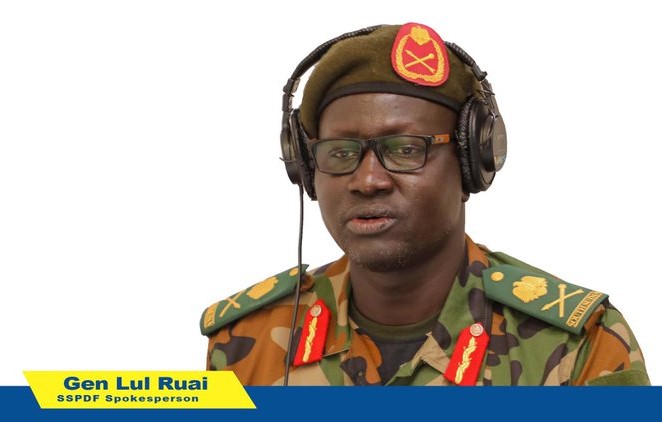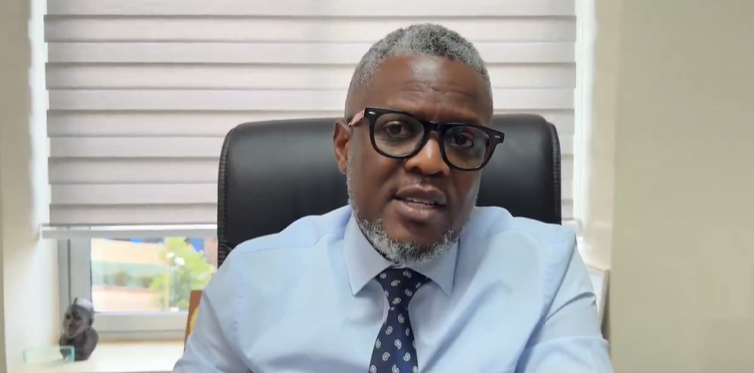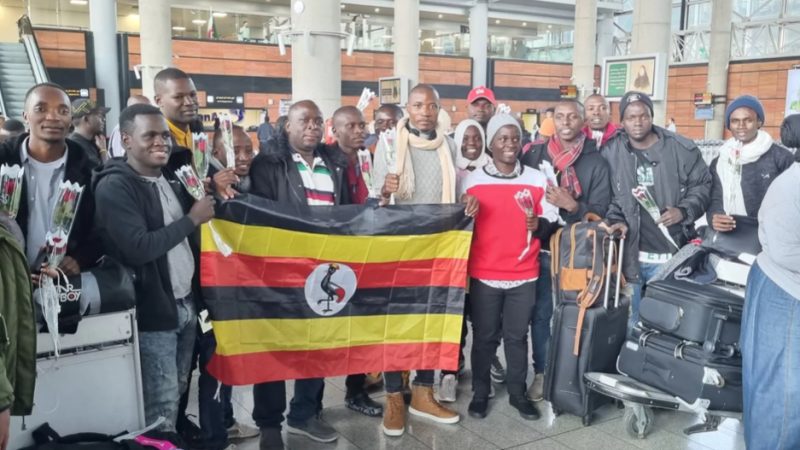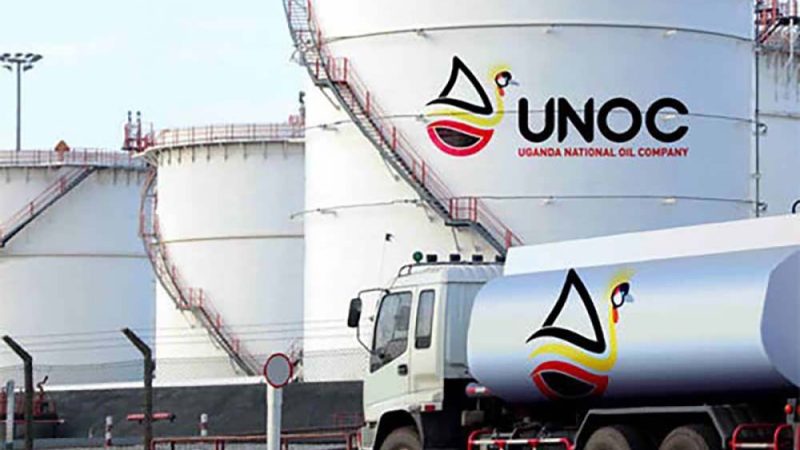Africa has young populations, developing economies, and plenty of natural resources, making it an ideal continent for revolutionary development. Yet, it is a place where several obstacles prevent sustainability-actualizing these potential necessities-healthcare, infrastructure, and education.
Here comes one of the known visionary entrepreneurs, Sanjeev Mansotra, whose cooperative approach for the development of Africa is changing the socioeconomic landscape. He is using the public-private partnerships (PPPs) to develop significant, lasting solutions to some of the most important problems facing the continent.
Public-private partnerships create a powerful way to grow and develop by combining the private sector’s efficiency, creativity, and resources with the public sector’s ability to regulate, monitor, and reach a larger scale. It makes development more efficient and reaches more people.
Sanjeev Mansotra, the mentor of Planet One Group, has applied this model to extend the reach and impact of his projects. In his approach, he brings governments, NGOs, as well as the private sector together to work on a benchmark with a holistic goal setting so that they may explore the best utilization of resources and build the solutions in the face of African development challenges.
Mansotra’s PPP strategy focuses not only on financial support but also on getting the community involved, building skills, and sharing knowledge. These elements ensure that the solutions are not only sustainable but also closely meet the specific needs of the communities they are meant to help.
In all Mansotra’s work for the development of Africa, education has been a major priority. Many African countries have a poor approach to funding their education systems, which is not preparing graduates for the challenges of modern jobs. Thus, Mansotra has worked with governments and NGOs to start partnerships aimed at improving education.
Mansotra availed partnerships through which it initiates vocational training to equip young people with practical skills that meet the requirements needed by the industries. The NGOs play a vital role in these initiatives, as they can provide knowledge of teaching methods and community reach.
Simultaneously, private organizations assist in funding, infrastructure building, and technology addition. These partnerships are changing the education system in Africa, enabling thousands of students to receive quality education and improving their chances of a better future.
Getting access to healthcare is still a big problem in many parts of Africa. Sanjeev Mansotra’s PPP model tackles this problem by bringing together different groups to make healthcare more accessible, affordable, and better in quality. By teaming up with governments, Mansotra has helped set up wellness centers and mobile clinics in remote areas that usually don’t have proper healthcare facilities.
These facilities are funded and equipped with technology from private companies, NGOs, and local health groups, which also provide education and training for healthcare workers. His approach ensures that these efforts are meaningful and suitable for local communities because they are involved in planning and implementing the projects. The results are improved health, lower death rates, and stronger communities. It enhances health but creates healthy, productive people who, in the long run, would support the country’s economy.
Infrastructure is a sine qua non in any economy and is very significant for the growth of the African continent; Sanjeev Mansotra understood that. These infrastructure investments come about through co-investment in roads, energy projects, or digital connectivity that involves governments or private investors.
By aligning his objectives with the country’s development plans, Mansotra ensures his projects support current infrastructure needs. In this sector, public-private partnerships see private companies bring in new technologies and skills while governments offer support through rules and policies.
The gains from these partnerships lie beyond the development of physical infrastructures. They bring about economic opportunities, ease trade, and also create access to more essential services, such as education and healthcare. Sanjeev Mansotra’s infrastructure projects not only enhance GDP but improve the lives of millions of Africans.
This approach to teamwork makes a bigger difference as the efforts of different groups together are able to reap more than one could have done alone. Mansotra improves not only the results of his projects by associating with these partnerships but also creates trust and some good friendships that help in future efforts.
These partnerships handle Africa’s developmental challenges in the most comprehensive ways possible, whereby the solutions can be fair and comprehensive and then sustainable. Like Mansotra shows, PPP models prove the reality of what teamwork can lead to, thus opening the eyes of other leaders and organizations around the world, showing them this example. The biggest problems will only be handled through teamwork- Sanjeev Mansotra’s vision, as well as his strong belief in teamwork.











